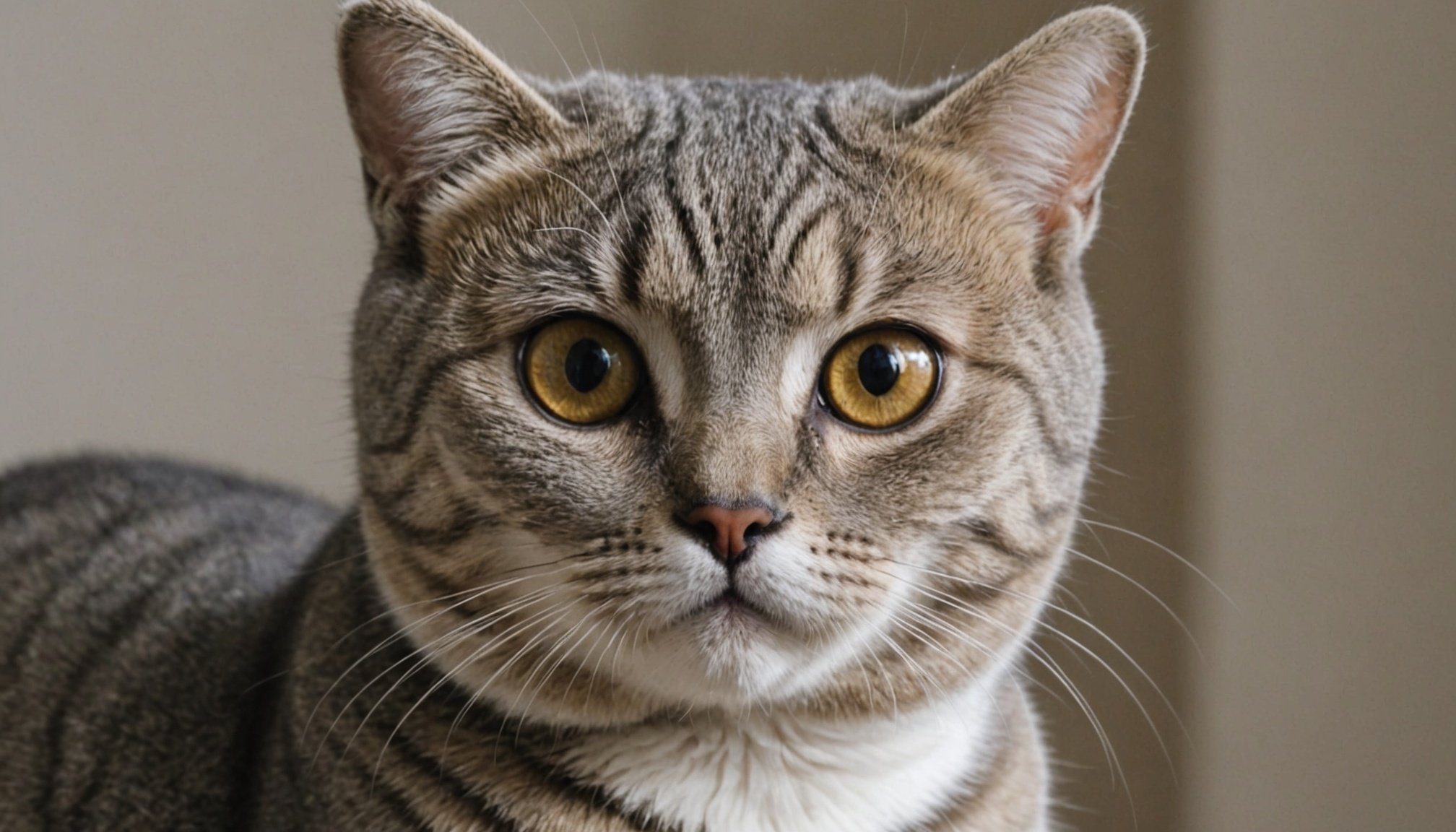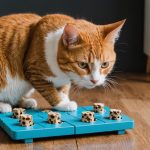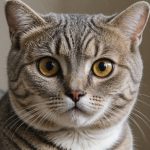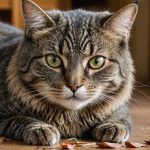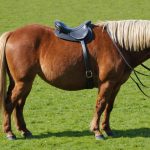Health Challenges of Scottish Fold Cats
Scottish Fold cats, cherished for their distinctive ear shape, face specific health challenges owing to their unique physiology. One primary concern is their cartilage issues, which are directly linked to their trademark folded ears. This cartilage anomaly, a result of a genetic mutation, not only affects their ears but also potentially their overall skeletal structure.
The condition, known as osteochondrodysplasia, leads to abnormal cartilage growth, causing joint discomfort and, in severe cases, crippling arthritis. Beyond their ear cartilage, this genetic trait affects cats’ bones, often resulting in pain and movement restrictions as they age.
Dans le meme genre : Designing the perfect diabetic diet plan for your jack russell terrier: key tips and strategies for success
Delving into genetic predispositions, the breed is often predisposed to a hereditary bone and cartilage abnormality, which can significantly impact their quality of life. While not all Scottish Folds will suffer serious health issues, it’s essential for prospective and current owners to be aware of these risks.
Frequent veterinary visits can help monitor their condition, ensuring any emerging problems are addressed early. It’s advisable to adopt Scottish Folds from breeders who focus on health as opposed to merely appearance, aiming to reduce the incidence of these hereditary conditions. Understanding and managing these health challenges can lead to a happier and more comfortable life for the beloved Scottish Fold.
A voir aussi : Top tips for preventing and healing saddle sores in shetland ponies: a comprehensive guide
Ear Structure and Related Health Issues
Understanding the Scottish Fold ear structure is crucial in addressing related health concerns. A distinct feature of this breed is their unique ear shape, which results from cartilage deformities. This structural trait, while aesthetically appealing, can lead to various ear health issues.
Anatomy of Scottish Fold Ears
Scottish Fold cats possess ears that fold forward and downward. This unusual configuration is due to a defect in the cat’s cartilage, which is softer and less supportive than in other breeds. The cartilage deformities result in a distinctive ear shape that is both charming and problematic.
Common Ear Conditions in Scottish Folds
The cartilage deformities in Scottish Folds predispose them to various ear conditions. Increased accumulation of wax and debris can occur, and reduced airflow may lead to frequent ear infections. It’s essential to monitor these cats’ ears closely to prevent discomfort and long-term issues.
Effect of Ear Structure on Overall Health
The unique ear structure has broader health implications. The again cartilage deformities can signal underlying genetic issues affecting the cat’s skeletal health, making regular veterinary check-ups vital. Preventive measures include gentle cleaning and routine checks for infection or abnormal signs. Understanding and managing these factors helps maintain the overall well-being of Scottish Fold cats.
Preventive Care and Veterinary Advice
Ensuring veterinary care for Scottish Folds is crucial for maintaining their overall health and happiness. Regular preventive health measures, such as routine check-ups, are fundamental to preempt potential health issues, which are particularly vital for this breed. These check-ups are key for early detection of ailments, allowing for timely interventions that can improve longevity and quality of life.
Routine Check-Ups
Routine check-ups are essential in monitoring your Scottish Fold’s well-being. Veterinarians recommend these appointments at least once or twice a year. During these visits, specific attention is paid to ear and cartilage health, given the Scottish Fold’s unique genetic traits. Catching issues early can prevent further complications, which could otherwise lead to painful conditions or hearing loss.
Nutritional Considerations
Proper nutritional considerations are another cornerstone of preventive care. The right balance of nutrients supports their joint health and overall wellness. Adequate nutrition can significantly contribute to a stronger immune system, potentially buffering against genetic predispositions associated with cartilage issues.
Preventive care, therefore, involves regular veterinary advice and monitoring, ensuring that Scottish Folds live vibrant, healthy lives. Routinely scheduled veterinary assessments and well-rounded nutrition can enhance their health significantly, making them healthier and happier companions to their owners.
Insights from Experts on Scottish Fold Health
Understanding the unique health requirements of Scottish Folds can be challenging. Fortunately, expert opinions provide essential guidance in addressing these concerns. Consulting veterinarians, breeders, and owners ensure that decision-makers are well-informed about the breed’s specific needs.
Veterinarian Perspectives on Care
Veterinarians play a crucial role in offering breed-specific advice. It’s imperative to schedule regular Scottish Fold consultations with your vet. These professionals help in identifying potential health issues early. Due to the unique shape of their ears, Folds may face specific ear infections. They need continuous monitoring. Vets often advise owners on maintaining a balanced diet to prevent obesity, a common issue affecting this breed.
Research on Scottish Fold Health Risks
Recent studies have delved into the genetic predispositions of Scottish Folds, focusing on their proclivity for developmental disorders. The breed is particularly prone to osteochondrodysplasia, a condition affecting cartilage and bone development. Understanding these risks helps owners take preventive measures and maintain their cats’ overall well-being effectively.
Testimonials from Scottish Fold Owners
Owner insights are invaluable for providing practical care tips. Many owners emphasise the importance of interactive play to maintain feline agility and prevent joint issues. These testimonials offer a real-world perspective, shedding light on the nuances of the Scottish Fold’s health management. They often share the satisfaction of seeing their folds thrive under informed care strategies.

